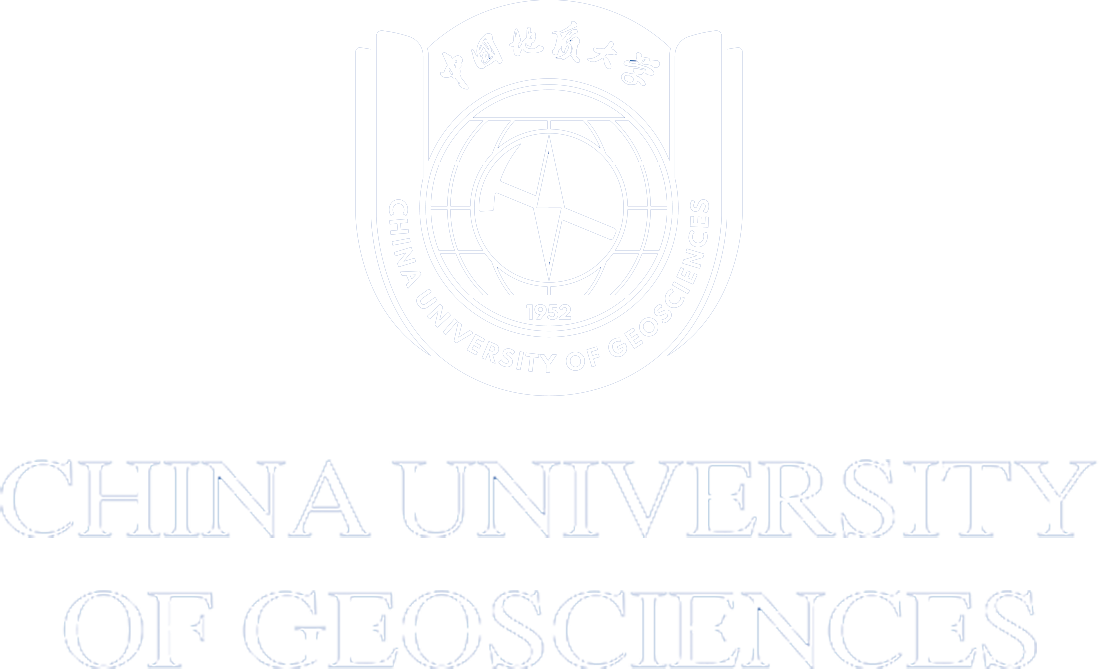The School of Engineering and Technology of the China University of Geosciences - Beijing (CUGB) was established in 1998. It is the successor of the Department of Prospecting Engineering and the Teaching and Research Section of Engineering Geology of the former Beijing Institute of Geology, which was founded in 1954 to facilitate the construction of the specialized discipline of geological engineering. In the past 60 years, the school has provided high-level academic certificate education in prospecting engineering, geological engineering, and other disciplines. Prospecting engineering was among the first disciplines to be granted the right to confer doctorates and master’s degree as well as one of the first national key disciplines established in China. Geological engineering was re-confirmed as a key discipline in the latest review of national key disciplines in 2001.
The school has three postdoctoral research stations (geological resources and geological engineering, civil engineering, and safety science and engineering). There are also three doctoral stations (geological resources and geological engineering, civil engineering, and safety science and engineering), four master’s stations (geological resources and geological engineering, civil engineering, mechanical engineering, and safety science and engineering), and four undergraduate majors (geological engineering, civil engineering, mechanical design and manufacture, and automation and safety engineering).
The school has 71 faculty members, including 60 full-time teachers, 7 laboratory technicians, and 4 administrative. Among the teachers, there are 11 PhD supervisors, 21 professors, 18 associate professors, 28 lecturers, and 3 teaching assistants. The vast majority of the full-time teachers (90%) have doctoral degrees.
For years, graduates of the school have been widely welcomed in all walks of life, with the graduate supply-demand ratio remaining consistent at around 1:5.5. For decades, graduates of our school have played important roles in more than a dozen industries, including territorial resources, petroleum, metallurgy, non-ferrous metals, coal, railways, hydropower, architecture, urban construction, building materials, civil aviation, spaceflight, the nuclear industry, etc. They have also been engaged in related scientific research, teaching, and engineering construction or serve at prominent positions in governmental departments, playing an irreplaceable role in nation-building.
The affiliated institutions of the school include:
(1) Teaching institutions: the Discipline Planning and Construction Office, the Teaching Management Office, and the Teaching Experimental Center.
(2) Research institutions: the National Specialized Laboratory of Ultra-Deep Geological Drilling Technology (Key Laboratory of Deep Geological Drilling Technology of the Ministry of Land and Resources), the International Joint Research Center for Key Technologies of Deep Geological Drilling Equipment and Machines and Tools, and the Surface Engineering Research Institute.
(3) Service institutions: the School Party and Administrative Office, and the Student Affairs Team.
The school has played a major role in national economic construction over many years and is at the forefront of scientific research on rock breaking theory, computer control of drilling engineering, environmental drilling, soft rock engineering, disaster control by blasting, reinforcement techniques for metal surfaces, stability of rock and soil mass, regional stability, safety economy, information engineering, etc. During the "Ninth Five-Year Plan" and "Tenth Five-Year Plan" periods, the school received more than 100 million RMB of scientific research funds for its related disciplines. Currently, it is involved in dozens of scientific research projects, including the National Key R&D Program of China, the National Natural Science Foundation of China Projects, the International Science and Technology Plan and Cooperation Project, the 863 Project, the 973 Program, key research projects of the Ministry of Land and Resources, etc. In the past few years, the school has won three national scientific research awards and more than ten provincial and ministerial scientific research awards. More than fifty monographs and sixty scientific research papers are published annually.
In the future, the School of Engineering and Technology of CUGB will further develop geological drilling, geological engineering, underground engineering, civil engineering, geotechnical engineering, mechanical engineering, safety engineering technology, and other related disciplines based on the primary discipline of geological engineering. These disciplines will be engineering-based and focused on industry-university-research cooperation. In addition, the school will advance geoscientific engineering by coordinating progress in related disciplines, training and developing high-quality talents, engaging in scientific research, promoting industrial development, etc. The school will continue the efforts to contribute to China's basic economic construction, the development of geoscience engineering, and the training of advanced talents for the country.




 Address
Address
 E-Mail
E-Mail
 Telephone
Telephone